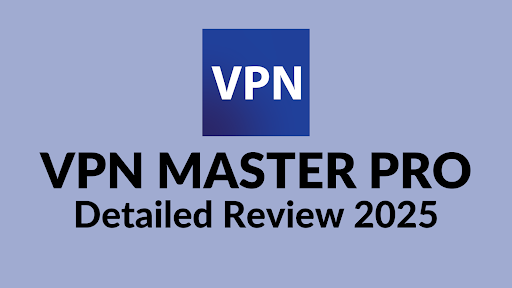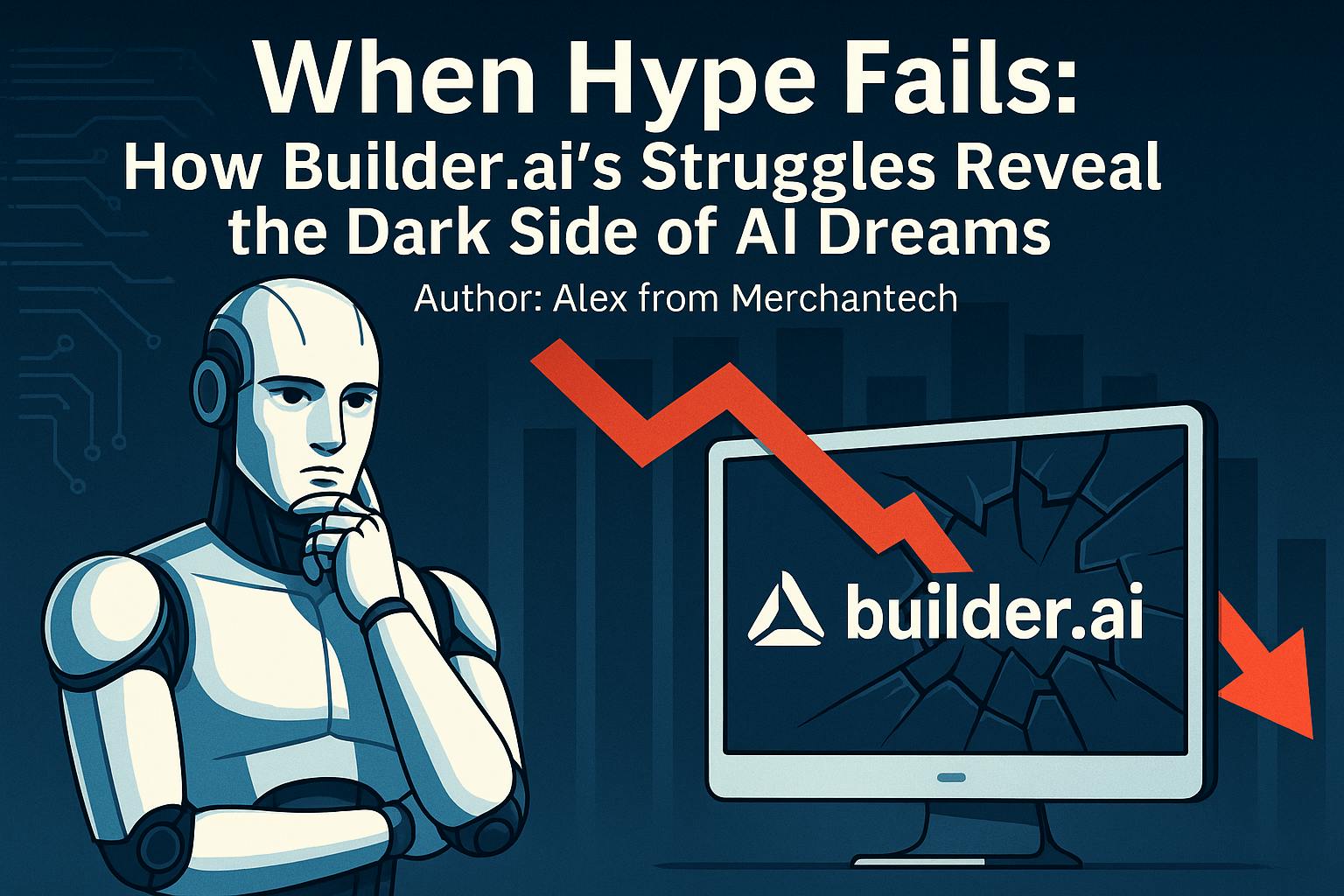Benin’s Minister of Digital Economy, Aurelie Adam Soule Zoumarou, is pragmatic about the country’s ambitions. According to her, the government is focused on fundamentals: fiber infrastructure, national digital ID, platform interoperability, and inclusive access to services.
At the core of building and strengthening Benin’s tech ecosystem is the API-An (Agence de Promotion des Investissements et des Exportations), which is the national investment agency that runs incubation programs, offers one-stop support for startups and actively promotes entrepreneurship. Across the country, several digital innovation hubs are backed by the API-An and the Ministry of Digital Development, focusing on ICT, skills training, and startup acceleration.
Benin also has a state-backed innovation district, Sèmè City, which hosts the Sèmè One incubator, tech labs, and R&D centers. The innovation city also houses a digital transformation built in partnership with the German government.
spoke to the minister on the sidelines of the recent Cyber Africa Forum. The minister outlined Benin’s people-first digital strategy, the philosophy behind Semé City (its flagship innovation hub), and why African venture investment requires patience and contextual awareness.
This interview has been lightly edited for clarity.
Benin has made notable progress in digital transformation. What sets your approach apart?
We’re not trying to set ourselves apart. Our core mission is to serve our citizens, whether they’re in a rural village or abroad. That’s why we’ve built a strong national fiber optic network, invested heavily in human capital, and rolled out digital platforms for public services. Citizens can now access government services from anywhere.
We’ve also implemented a digital ID system to make this possible at scale. These are not headline-grabbing moves but they are critical infrastructure. Once those are in place, differentiation comes naturally.
How is the government supporting startups, and how are you courting investors?
Semé City is our flagship program for startups. It’s not just a building or a buzzword—it’s a full ecosystem. We provide training, access to talent, mentorship, and even virtual platforms for startups to showcase their work. On top of that, we’ve passed legislation to identify and “label” high-potential startups based on their innovation or business model. That label is a signal: the government believes in this company’s potential.
We also work through our SME agency to support visibility and collaboration, especially with ecosystems in Nigeria, Kenya, and South Africa.
But I want to be honest with investors, Africa requires patience. The continent doesn’t follow the same playbook as Asia, Europe, or the U.S. Investors need to understand our dynamics. It’s not about quick exits—it’s about deep impact.
You mentioned digital public infrastructure. What role does that play?
It’s foundational. Without infrastructure, startups won’t scale, services can’t reach remote areas, and governments can’t operate efficiently. Beyond the fiber network, we’ve focused on interoperability: ensuring systems can “talk” to one another and citizens don’t need to chase paperwork across departments.
From the ministerial panel, one of her strongest points was this: “Benin’s digital transformation doesn’t stop at design, we focus on execution.” That includes data governance, AI readiness, and ensuring inclusion for rural populations and women-led businesses.
What’s your message to global venture capital?
If you don’t believe in our startups, why would anyone else? Our government is investing because we see potential. We’re de-risking these businesses. But we need partners who understand Africa, not just the hype cycles, but the hard realities.
Come with patience. Come with context. And come with a willingness to build alongside us.
Mark your calendars! Moonshot by is back in Lagos on October 15–16! Join Africa’s top founders, creatives & tech leaders for 2 days of keynotes, mixers & future-forward ideas. Early bird tickets now 20% off—don’t snooze! moonshot..com












